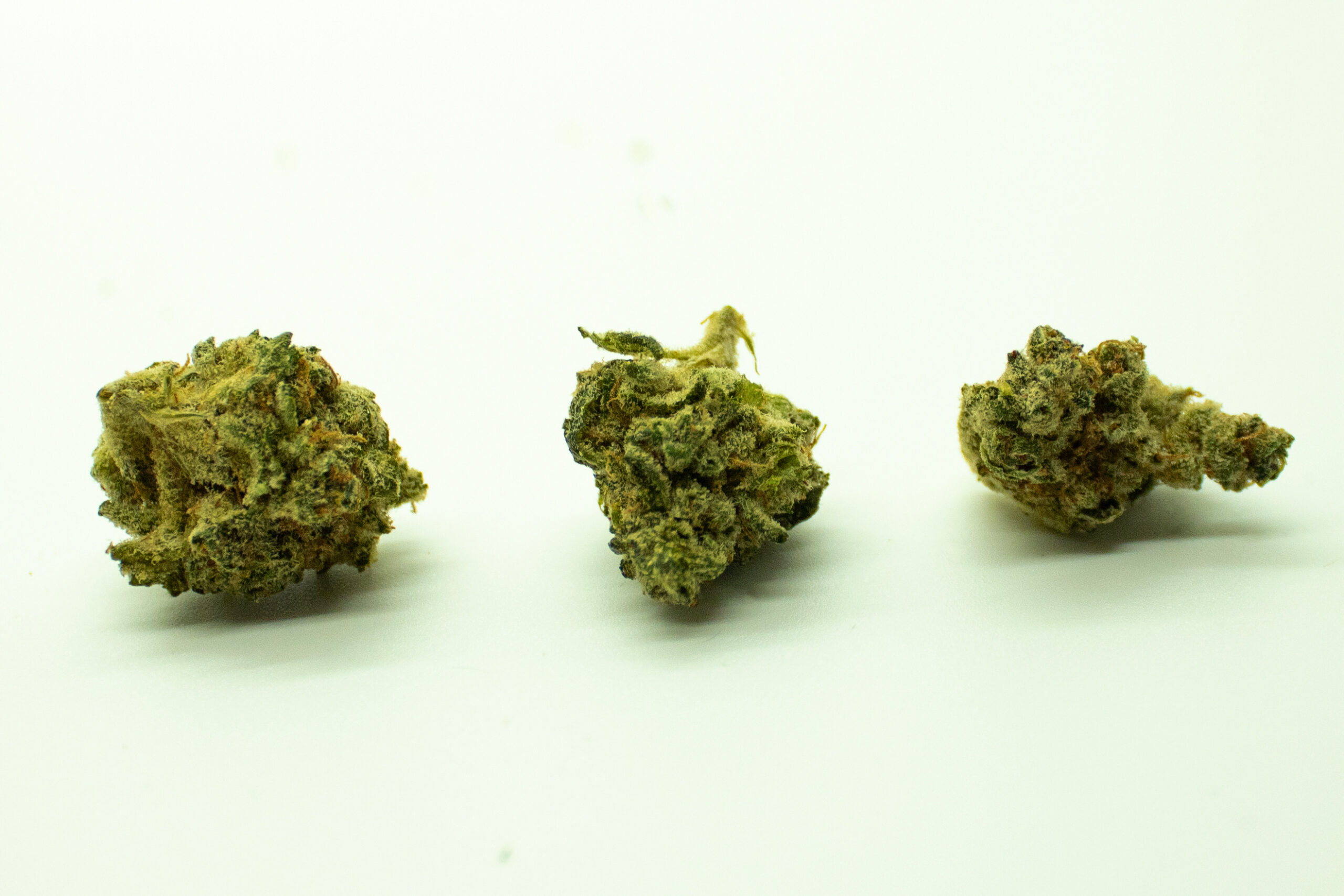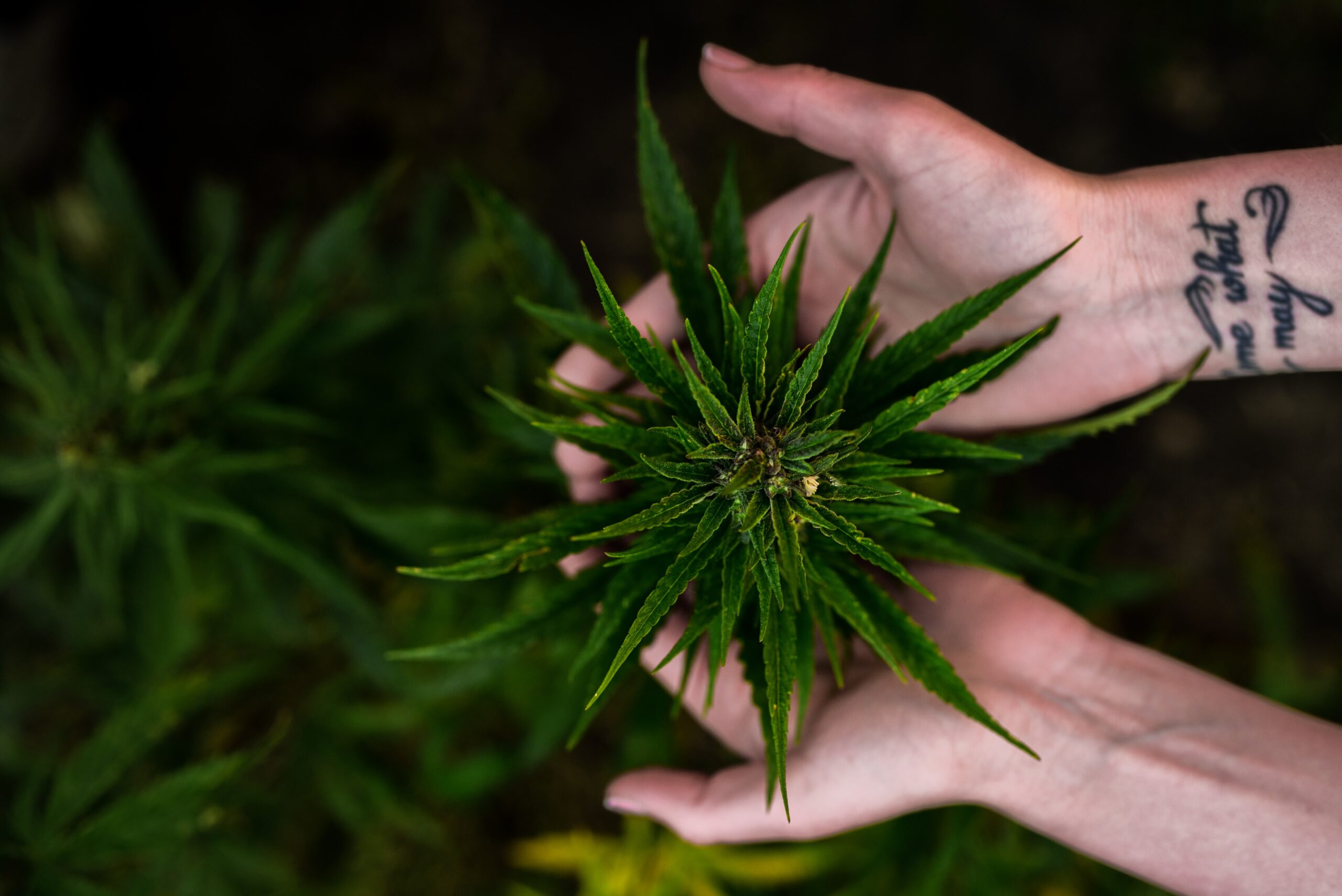The hemp and cannabis industry is buzzing with excitement over the production of delta-8 THC. This compound offers a more potent and psychoactive effect than CBD, which has become increasingly popular in recent years. With some estimates predicting that the delta-8 THC market could reach $10 billion by 2025, it’s no wonder that many are jumping on board.
Understand the Delta-8 THC Chemistry
But, before you dive headfirst into producing delta-8 THC, it’s important to understand the chemistry behind it. Delta-8 THC is a minor cannabinoid that occurs naturally in cannabis and hemp plants. It is a close relative of delta-9 THC, the primary psychoactive compound in cannabis. Delta-8 THC has a similar chemical structure to delta-9 THC, but it has a double bond on the eighth carbon atom instead of the ninth. This difference in structure means that delta-8 THC has different effects on the body than delta-9 THC.
Delta 8 THC Production
To produce delta-8 THC, the process involves converting CBD into delta-8 THC. This is done using a chemical reaction that involves the use of a solvent such as ethanol or heptane. The process involves the use of chemicals that can be hazardous if not handled correctly. Therefore, it is essential to ensure that the production process is carried out in a safe and controlled environment.
CBD Manufacturing
CBD manufacturing is a complex process that involves a number of different steps. The first step is to extract CBD from the hemp plant using a solvent such as CO2 or ethanol. The extracted CBD is then purified using a process such as chromatography to remove any impurities.
Challenges facing delta-8 THC production
One of the biggest challenges facing delta-8 THC production is regulatory uncertainty. The legality of delta-8 THC is still murky, with the DEA issuing a rule in August 2020 that could make it a controlled substance. While some states have explicitly legalized delta-8 THC, others have banned it, and there is no clear federal guidance.
Another challenge is ensuring quality control. As delta-8 THC is produced through chemical processes, there are concerns about the purity and safety of the final product. Companies must follow strict quality control protocols and third-party testing to ensure that their products are safe and effective.
Opportunities for Delta-8 THC production
Despite these challenges, there are also many opportunities for delta-8 THC production in the USA. Delta-8 THC offers a new avenue for cannabis companies to differentiate themselves and tap into new consumer segments who may be hesitant to try delta-9 THC. As delta-8 THC gains popularity, there is likely to be more investment in research and development to explore its potential medical and therapeutic benefits.
Conclusion
In conclusion, delta-8 THC production in the USA faces several challenges, including regulatory uncertainty, quality control issues, and supply chain disruptions. However, there are also many opportunities for companies to tap into a growing market and diversify the cannabis industry. As the legal and regulatory landscape continues to evolve, it will be important for companies to stay up-to-date on the latest developments and ensure that they are following best practices for production and distribution.




